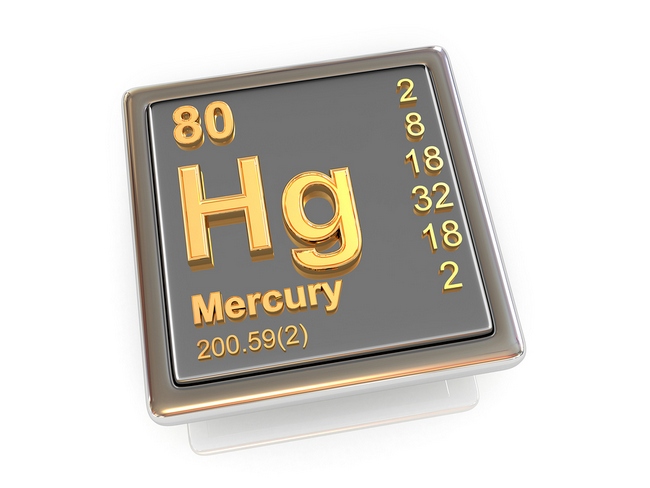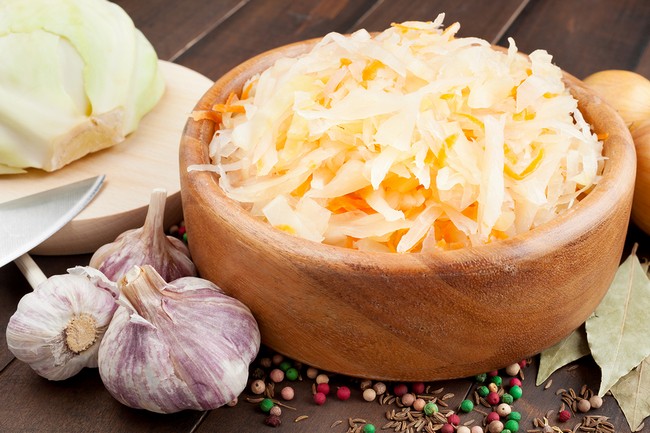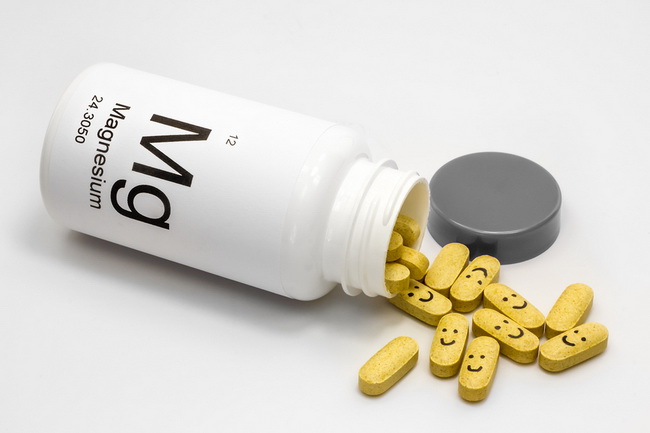- Make It Yourself Lavender Heart-Shaped Bath Bombs!
- 20 Things You Never Knew About “Down There”
- 12 Best Foods For Those Suffering From Arthritis Pain
- 12 Personal Hygiene Mistakes Almost Everyone Makes (Mom Never Told You About #4!)
- 15 Medicinal Plants And Herbs From The Cherokee People
- 12 Mind-Blowing Benefits Of Drinking Coconut Water During Pregnancy
- 12 Outstanding Winter Foods That Won’t Fatten You Up Like A Christmas Turkey
Top 5 Reasons Why Your Digestive System is Out of Whack

Photo credit: bigstock
Ask most people how their digestive system works and they will most likely tell you that it’s like a plumbing system. Things (food) go in, gets crushed up, melted, then works its way out through a long system of complicated tubing. This is a simplified version, true, but if you notice there is no mention of the enzymes, absorption, and assimilation of food.
Like everything in this world, your gut contains both good and bad bacteria. However, for your digestive system to work properly, you need the proper balance of those things. Your digestive system has almost 3 pounds of bacteria, with more than 500 different species, that allow you to digest your food as well as absorb the most nutrients possible.
If you have too many of the “bad” bacteria, such as yeast, and not enough of the good bacteria, such as lactobacillus, then not only will your digestive system not work properly, it can actually damage your health.
Unfortunately, Americans have created a lifetime of bad eating habits that include an overdose of sugars, toxins, junk food, and alcohol that have destroyed out natural bacterial balance.
Take a look at the top 5 reasons Americans have so many digestive issues and how you can restore the proper balance to your body and regain your health.
1. Toxic Heavy Metals
Heavy metals are brought into our lives in various ways but some are more problematic than others.
Mercury is willingly introduced into our bodies through vaccinations.
Mercury is a deadly toxin and is difficult for the gallbladder, pancreas, as well as the liver to function properly and to remove these metals from the body. Metals also kill off the good bacteria in our guts, which make processing foods even more difficult.
Metals are hard to remove and should be done professionally, but you can also try using cilantro and chlorella to try to bind them as well as removing them from your body.

Photo credit: bigstock
2. An Imbalance of Gut Flora
This is probably one of the biggest reasons you are having problems digesting your food properly is the imbalance of bacteria in your gut. The perfect ratio should be 85 percent good and 15 percent bad.
When you have this percentage of bacteria, your digestive system has no trouble absorbing and digesting fiber, sugars, carbohydrates, etc.
However, with our bad eating habits, very few of us have these kinds of bacterial percentages in our systems.
In order to regain the proper balance of bacteria you should consider antibacterial foods such as garlic, black walnut, cloves, onions, and oregano. In addition, add probiotic and fermented foods such as sauerkraut, pickles, and green leafy vegetables.

Photo credit: bigstock
3. Stress
You may not believe this one but its true; stress is problematic for your digestive system.
Stress can remove vital minerals and vitamins, such as magnesium and the B vitamins. It makes you tighten up your muscles, thereby slowing down your intestines and causing constipation.
Stress can also inhibit the absorption of probiotics and nutrients.
Although you cannot avoid all stress, you can learn to manage it. Practice mediation or yoga. Also, eat plenty of kefir, chamomile, and medicinal mushrooms. Find out foods that help relieve stress.
4. Lack of Enzymes
You probably learned a bit about enzymes in high school and how they allow our bodies to digest food and use the nutrients we eat to their maximum potential.
When we don’t get a sufficient amount of enzymes in our food, we force the pancreas to produce those enzymes. This overworking of the pancreas can eventually make it unable to produce a sufficient amount of enzymes for proper digestion.
To get enough enzymes, you need to increase the amount of raw, organic foods you eat. Consume more foods such as pineapple, kefir, fermented vegetables, and bee pollen.
Chew your food thoroughly to help your body mix these enzymes with your saliva.
You could also practice juicing to increase the amount of enzymes you put in your digestive systems.

Photo credit: bigstock
5. Lack of Magnesium
New research shows that magnesium is necessary for up to 800 enzymatic processes in the body.
You can only imagine what a lack of this important mineral means to your digestive system.
Magnesium is needed for your muscles to function properly, including the muscles in your digestive tract. A lack of magnesium can cause your digestive system to slow down and delay the movement of waste.
This, in turn, can back up your entire digestive process, making you full of, well, you know, full of it.
To avoid this, you should eat lots of salads with organic vegetables and dark, leafy greens. Also, consider taking a liquid magnesium supplement, as it is very difficult to get sufficient levels of magnesium through diet alone.

































